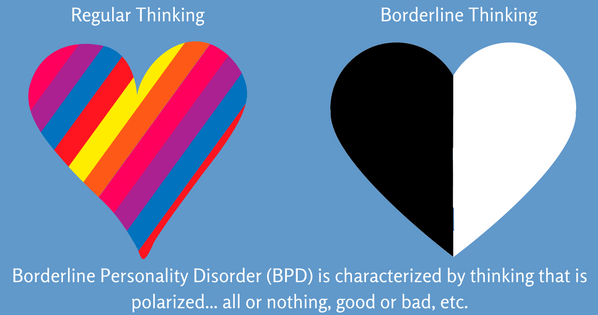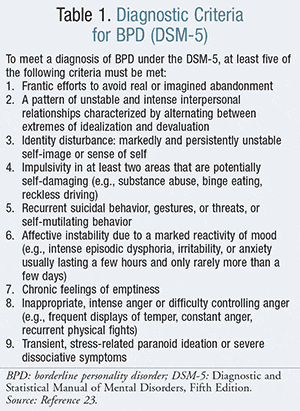Rice University’s perspective on mental health is incredibly positive and helpful to students. As a student myself, I truly believe I would not be in a stable state without Rice’s Wellbeing Center. In my first semester, I learned about Borderline Personality Disorder (BPD). Many people I love have either suffered from BPD or known someone who deals with it now or has in the past. One of my close friends describes it as, “A different branch of Bipolar Disorder, but that’s only if you want it summarized in one statement. There is so much more to BPD and much of it is rooted in the trauma my parents caused me during my developmental years.”
On the National Institute of Mental Health (NIH) website, BPD is described as a mental illness that manifests as an ongoing pattern of unstable moods, self-image, and behavior. BPD usually causes impulsive actions and problems in personal relationships due to intense episodes of anger, depression, and anxiety lasting from a few hours to days.
One of my loved ones has shared their struggles with BPD:
“I know so many people on Youtube or whatever that makes BPD come off as something that automatically turns people into manipulative and crazy monsters. If only they took the time to ask why. Why would anyone freely choose to feel this way? I did not choose to constantly be afraid of people leaving me and it’s not normal fear, it’s fear that takes over me and paralyzes me in paranoia and pain. I did not choose to constantly feel a chronic boredom that I cannot cure. Nothing makes me happy and nothing makes me feel fulfillment in life. I did not choose to contain so much anger in me that any small trigger causes me to feel like my head is literally on fire and the fuel is my unexplained adrenaline. I did not choose to not know who I am underneath my façade. This life is painful and it was caused by a childhood I had no control over. I know I may cause pain, but only because that’s the only way I know how to love. I just want to be loved; I think that summarizes BPD pretty well. I’ll do anything to feel loved.”
Although long, my loved one’s moving statement about their BPD describes the symptoms of the mental illness with more insight than any website could. On the NIH website, as well as many other psychological databases, BPD symptoms are listed as: chronic feelings of emptiness, impulsive and often dangerous behaviors (spending sprees, unsafe sex, substance abuse, reckless driving, and binge eating), intense and highly changeable moods, efforts to avoid real or imagined abandonment, etc.
According to the Diagnostic and Statistical Manual of Mental Disorders, Fifth Edition (DSM-V), which takes into account a variety of contexts such as one’s genetics and environment, a person meeting 5 out of 9 recognized symptoms can be diagnosed as having BPD.
If you think you or a loved one might have BPD, there are many resources out there that can prove incredibly useful in providing help or support.
More helpful links:
https://www.verywellmind.com/borderline-personality-disorder-diagnosis-425174



